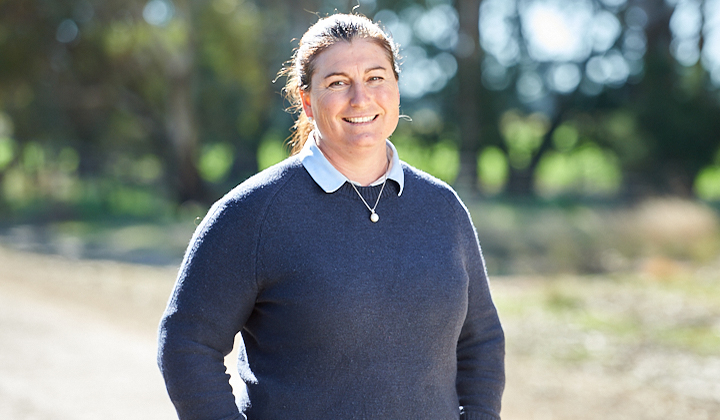Compliance: guaranteeing success
30 May 2023
-Min Read

- The new eNVD mobile app is a gamechanger for producers faced with connectivity challenges.
- Australia’s integrity systems are highly important to the countries that purchase our red meat.
- Compliance with integrity systems provides a guarantee for success.